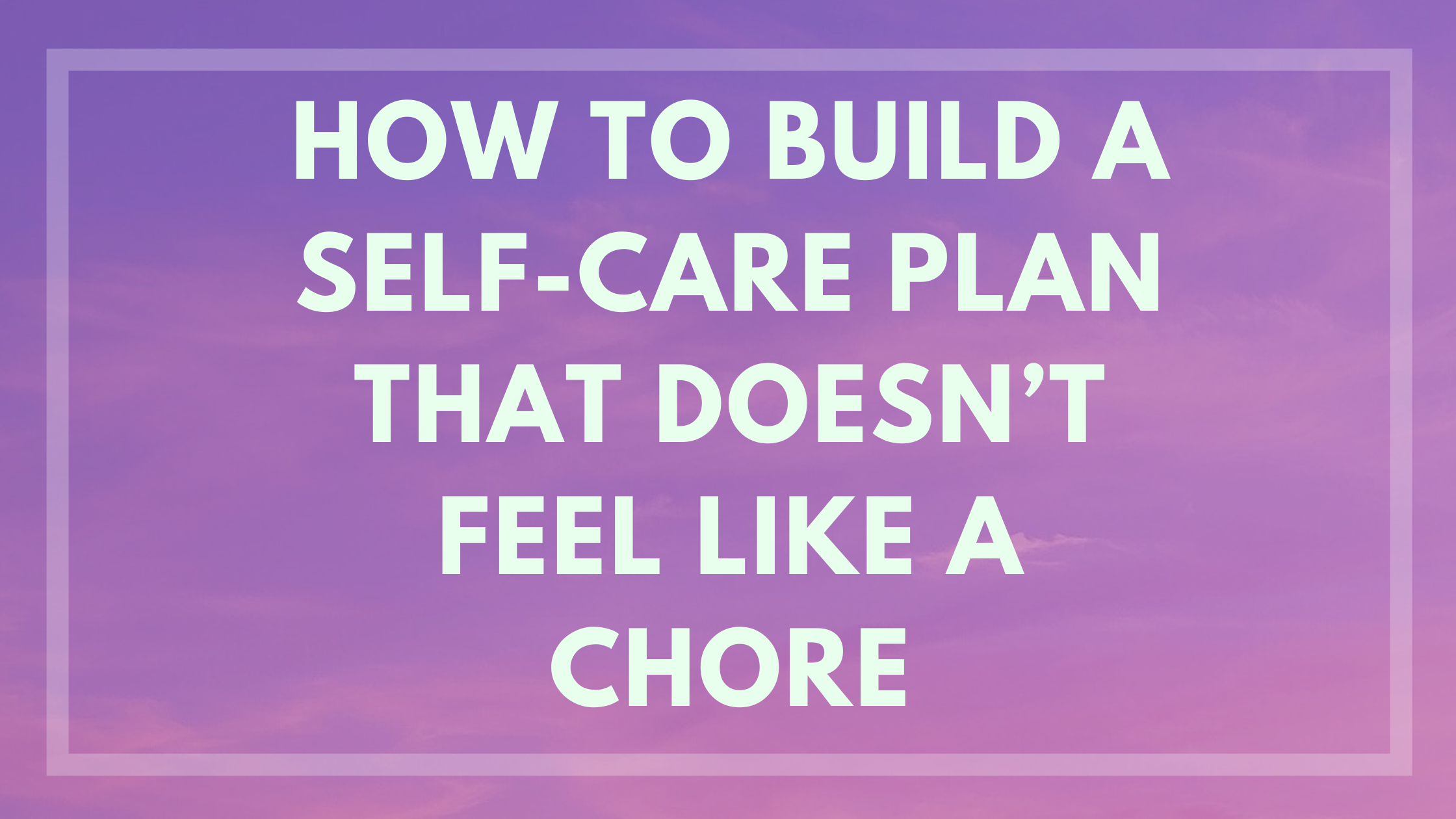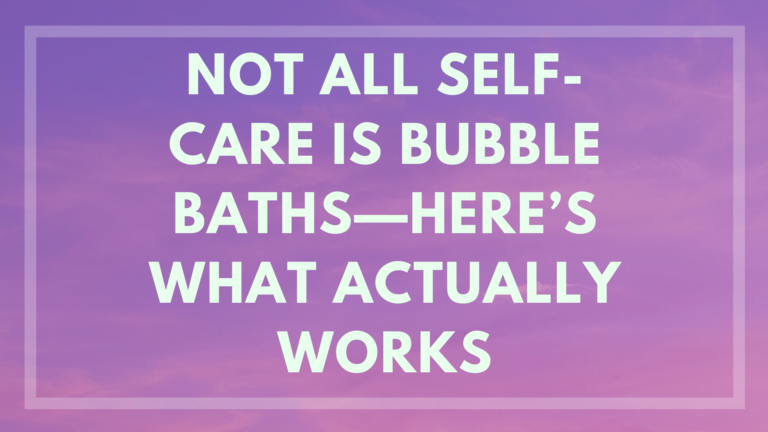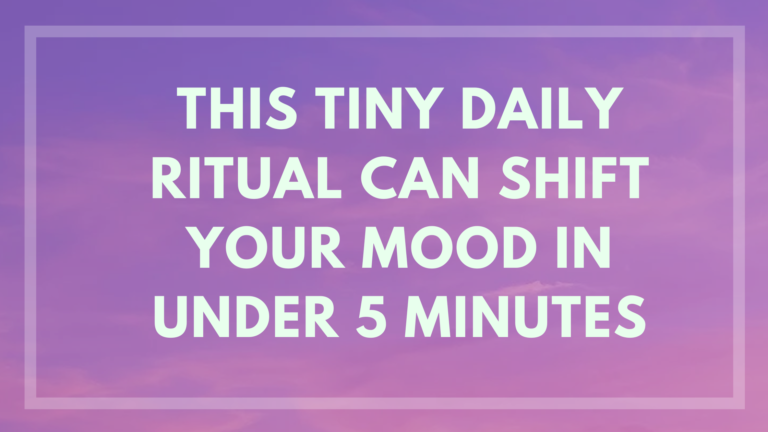Let’s face it—self-care often sounds like something else to add to your already packed to-do list. It’s supposed to be relaxing, but for many people, it starts feeling like another job. The good news? It doesn’t have to be that way. A well-designed self-care plan should feel like a natural part of your routine, not a burden. Here’s how you can create a self-care strategy that works for your lifestyle and actually feels good to follow.
Understand What Self-Care Means to You
Self-care isn’t just about bubble baths or spa days. It’s about doing what your mind and body truly need. For some, that might be a morning walk. For others, it could be setting boundaries or making time for hobbies. Begin by reflecting on what helps you feel grounded, energized, and calm.
Ask yourself:
What activities leave me feeling refreshed?
When do I feel most connected to myself?
What small things bring me comfort during stressful days?
Your answers are the foundation of a personalized plan that you’ll enjoy following.
Start Small and Keep It Real
You don’t need a 10-step routine or a fancy checklist. Start with one or two things that feel manageable and build from there. Trying to overhaul your entire life in a week is a fast track to burnout. Focus on tiny actions that you can realistically stick with, like drinking water after waking up, setting your phone aside before bed, or taking five minutes to breathe deeply during your lunch break.
When something feels too hard or inconvenient, it’s less likely to stick. That’s why simplicity is key.
Make It Fit into Your Life
The best self-care plan is one that fits your schedule—not the other way around. If you’re not a morning person, don’t force yourself to journal at 6 a.m. If you’re always on the go, think of ways to practice care while commuting or during short breaks.
Here are some easy ways to integrate self-care into your daily flow:
Listen to calming music while cooking
Stretch for a few minutes before bed
Step outside for fresh air during work breaks
Say “no” to extra commitments when you need rest
These small shifts are often more powerful than grand gestures.
Remove the Guilt Around Taking Care of Yourself
Many people feel guilty for putting their needs first. But taking care of yourself isn’t selfish—it’s necessary. You can’t show up for others if you’re running on empty. Let go of the pressure to always be productive. Rest, joy, and quiet time are just as important as checking tasks off your list.
Think of self-care as a form of maintenance, like charging your phone or getting enough sleep. It’s what helps you stay balanced and focused in the long run.
Adjust and Evolve As You Go
Your needs will change. What works during one season of life might not feel right later. Be open to shifting your plan as you grow. If something stops working or starts to feel like a chore, give yourself permission to try something new.
A flexible self-care plan allows you to respond to life’s changes without losing touch with yourself.
Focus on How You Want to Feel
Instead of making your self-care plan about what you think you “should” do, make it about how you want to feel. Do you want more energy? Peace of mind? Clarity? Once you know what feelings you’re aiming for, it becomes easier to choose activities that support them.
For example:
If you want to feel calm, maybe meditation or quiet reading helps.
If you want to feel strong, movement like yoga or walking might be best.
If you want connection, you might plan regular catch-ups with loved ones.
Let your emotional goals guide your choices.
Create a Routine That Feels Natural
Routines help you stay consistent, but they shouldn’t be rigid. Instead of setting strict times for everything, focus on creating rhythms. For example, you might always wind down with a journal after dinner or go tech-free for 30 minutes before bed. When your routine flows with your life, it won’t feel like something you’re forcing yourself to do.
You can also pair self-care habits with existing routines, like stretching while your coffee brews or deep breathing while brushing your teeth.
Keep a Gentle Mindset
Self-care isn’t about perfection. You don’t have to do it every day to benefit from it. What matters is showing up for yourself in small ways, consistently. If you miss a day or fall off track, that’s okay. Just return when you’re ready—no guilt, no judgment.
Remember, your self-care plan is there to support you, not pressure you. The more you allow it to be flexible and enjoyable, the more it becomes something you look forward to.
Final Thoughts
Building a self-care plan that doesn’t feel like a chore is all about listening to your real needs and making space for them in a way that feels easy and natural. It’s not about doing more, but about doing what truly matters for your well-being. When you focus on how you want to feel and give yourself room to grow and shift, self-care becomes a source of nourishment instead of stress. Let it be simple, let it be personal, and most of all—let it be kind.




